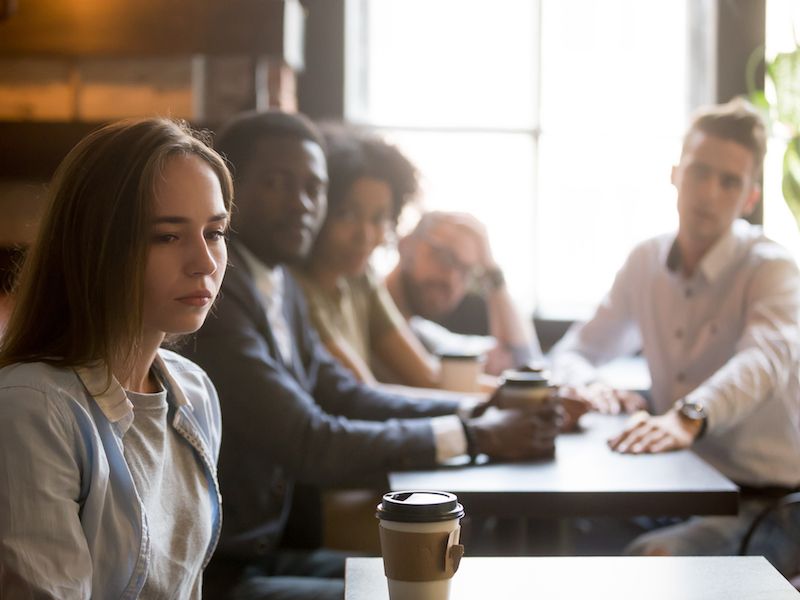
Hearing loss isn’t just a problem for older people, in spite of the prevalent idea. While age is a reliable predictor of hearing loss, as a whole hearing loss has been on the rise. Hearing loss remains at around 14-16% among adults 20 to 69 years of age. World wide, more than 1 billion people between the ages of 12-35 are at risk of developing hearing loss, according to the united nations and The World Health Organization. In children between 6 and 19, around 15% already have loss of hearing as reported by the CDC, and the number seems to be closer to 17% based on current research. Only 10 years ago hearing loss in teenagers was 30% lower as reported by another report. Worse still, a study from Johns Hopkins projects these trends out into the future and estimates that by 2060 approximately 73 million people over the age of 65 will have hearing loss. That’s a staggering increase over current numbers.
We Are Getting Hearing Loss at a Younger Age, Why?
In the past, unless you spent your days in a loud and noisy surrounding, damage to your hearing would happen fairly slowly, so we think about it as a side effect of getting older. That’s why you aren’t surprised when your grandmother uses a hearing aid. But at a younger and younger age, our hearing is being effected by changes of lifestyle.
Technology, and smartphones, in particular, can have a significant impact on our hearing. Whether it’s chatting with friends, listening to tunes, or watching movies, we are doing all the things we love to do and wearing earbuds for all of it. Most people have no clue what is a harmful sound level or how long it takes to do damage and that’s an issue. Instead of doing our best to protect our ears, we often even use earbuds to drown out loud sound, purposely exposing our ears to hazardous noise levels.
Little by little, an entire generation of young people are damaging their hearing. That’s a huge concern, one that will cost billions of dollars in treatment and loss of productivity in the economy.
Loss of hearing is Not Well Understood
Keeping away from extremely loud sounds is something that even young kids are usually wise enough to do. But it isn’t well understood what hearing loss is about. The majority of people won’t know that medium intensity sounds can also damage your hearing if exposed for longer time periods.
But hearing loss is normally associated with aging so the majority of people, especially young people, don’t even think about it.
However, the WHO says irreversible ear damage may be occurring in those in this 12-35 age group.
Suggested Solutions
The problem is particularly widespread because so many of us are using smart devices on a regular basis. That’s why providing additional information to mobile device users has been a recommended answer by some hearing specialists:
- Adjustments of volume for hearing health can be made by parents by using built in parental control settings.
- High-volume alerts.
- It’s how long a sound lasts, not just how loud it is (warnings when you listen at a specified decibel for too long).
And that’s only the start. There are a lot of technological methods to get us to start paying more attention to the health of our hearing.
Turn Down The Volume
The most important way to mitigate damage to your hearing is to minimize the volume of your mobile device. Whether your 15, 35, or 70, that holds true.
Let’s face it, smartphones aren’t going anywhere. Everyone uses them all the time, not just kids. So we have to deal with the fact that hearing loss is no longer associated with aging, it’s associated with technology.
Which means we’re going to need to change the way we discuss, prevent, and deal with hearing loss.
Also, decibel levels in your environment can be measured by app’s that you can download. 2 steps to protect your hearing. Ear protection is one way but also making sure you’re not doing things such as trying to drown out noises with even louder noises. If you drive with the window down, for instance, the noise from the wind and traffic might already be at a damaging level so don’t turn up the radio to drown it out. Schedule an appointment with a hearing care specialist if you have any questions.

